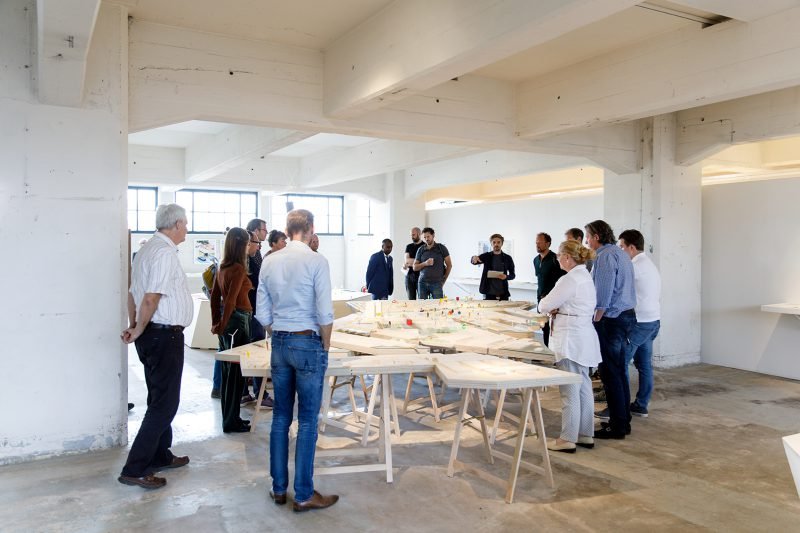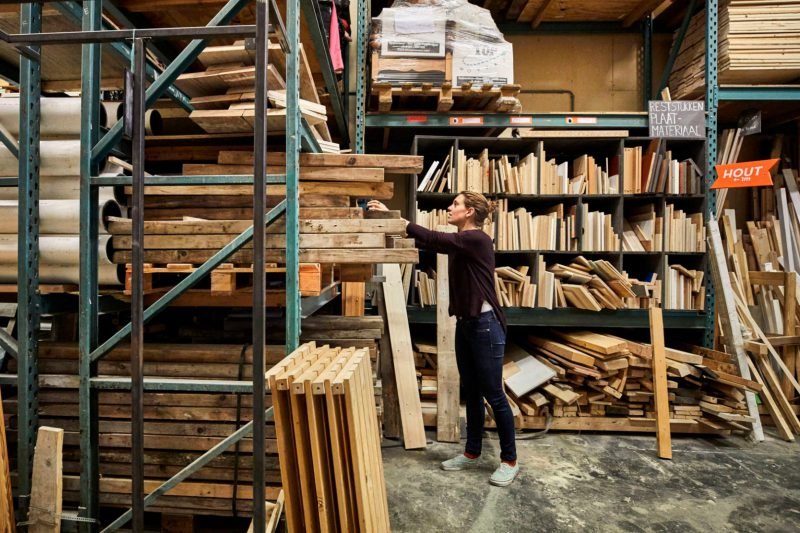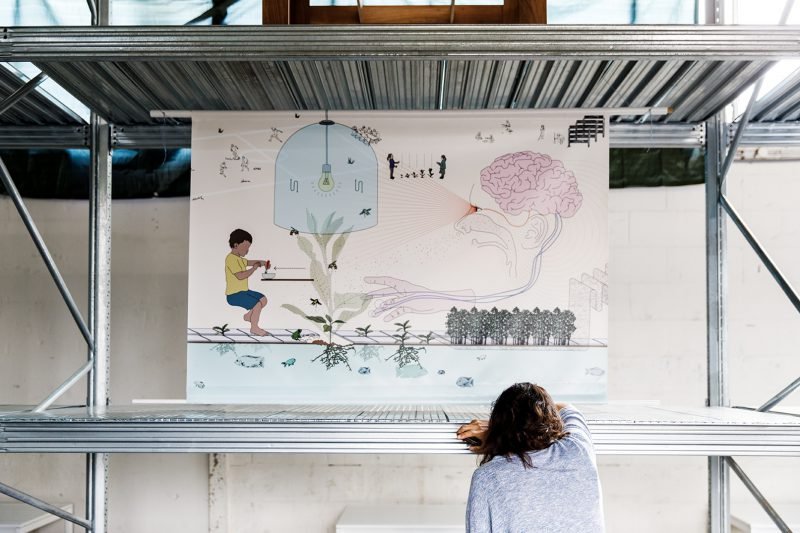Beijng’s Underground Bomb Shelters Get New Life As Community Centers
Like every other big city, Beijing is facing a strong migration to the city, forcing residents to turn to unusual places to reside. More than 100.000 people are living underground in former nuclear bomb shelters, at risk of getting evicted by local authorities by 2017. Digua Shequ (Chinese for Sweet Potato Community) is a Beijing start-up that aims to regenerate the underground basements to foster a community among the residents.
Beijing has over 10.000 bunkers that are built under flats over 40 years ago as part of the defense during Mao’s Cold War. After the war, many housing developers have transformed the underground spaces into residences, mainly housing low-income migrant workers, students, and other residents who couldn’t afford a house aboveground (also called the ‘rat tribe’). Since the announcement of eviction by authorities, the prospect of the bunkers has been put up for debate.

The Digua Community, founded by designer Zhou Zishu, is a collaboration program between citizens, designers, artists, public and private parties, that aims to transform the dark bunkers into better places. The first transformation of bunkers happened in Beijing’ Anyuanbelli’s neighborhood. After co-creation with residents, the dark bunkers have turned into a colorful community center, connecting people from the whole neighborhood. The community center offers a wide range of communal activities like sports, teaching, and library services, as well as commercial activities to foster local entrepreneurship.

The Digua team wanted to not only improve the living conditions for residents, but also to connect people and build a sense of community among neighbors. Residents from both aboveground and underground came together in special workshops initiated by the Digua team. In these workshops the residents shared their demands and needs to the design team, enabling active engagement of residents in both the design and the renovation process. These workshops then resulted into a permanent platform where residents still share their expertises, trade services and do business together.

The community center project has been supported by officials, and this might affect other landlords to improve the conditions of the bunkers as well, preventing eviction by authorities. Nonetheless, the special workshops not only improved the social interaction between residents, but also strengthened social capital for the many low waged people living underground. The success of Digua’s pilot community center, has already led to multiple requests from other neighborhoods in the city. This year, another five to ten underground spaces in Beijing’s neighborhoods will be transformed into colorful communal places.
Pop-Up City is an official media partner of the International Architecture Biennale Rotterdam 2016. Digua Community is featured in IABR—2016’s main exhibition.



